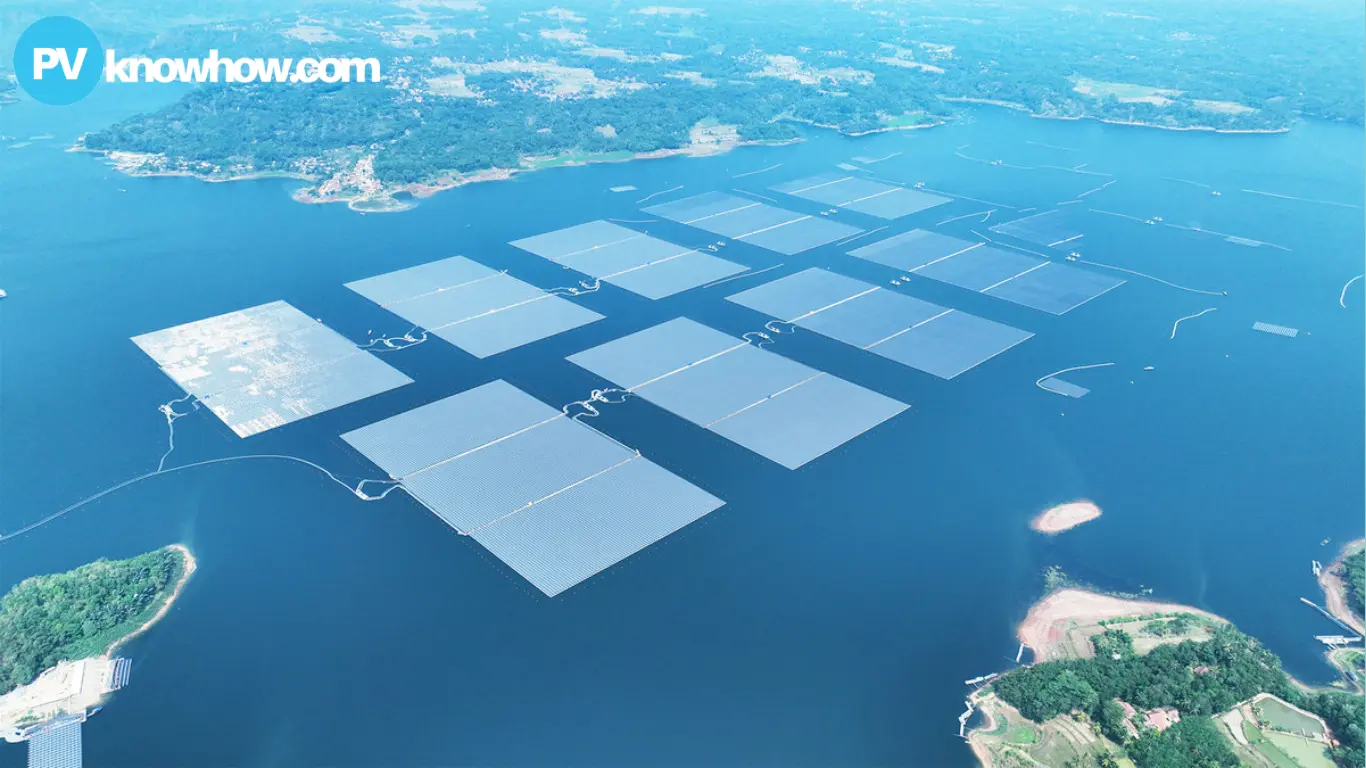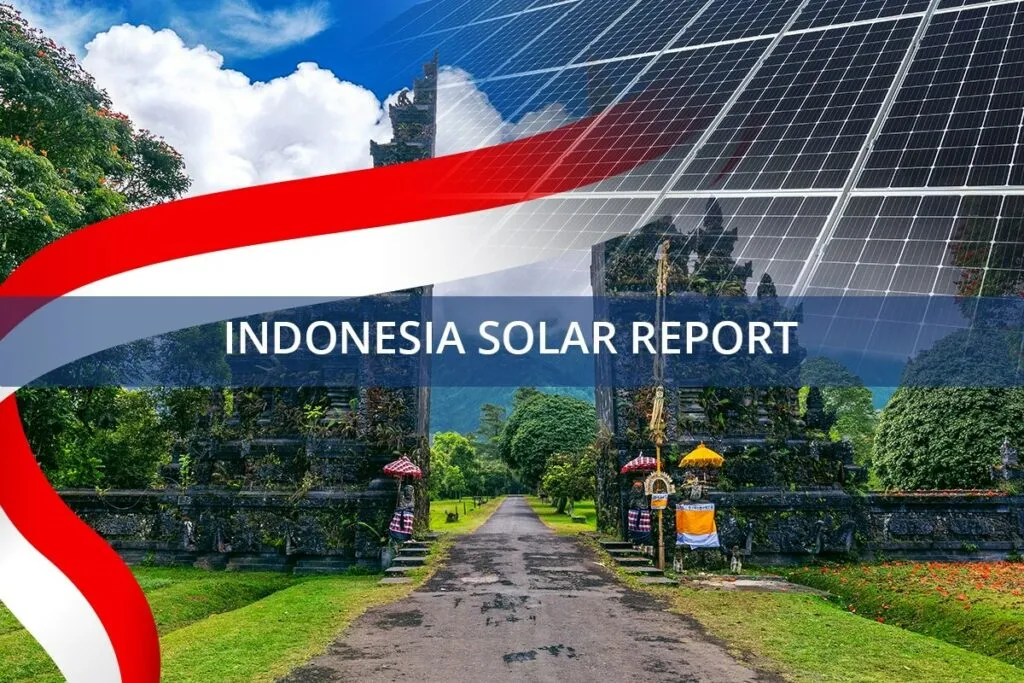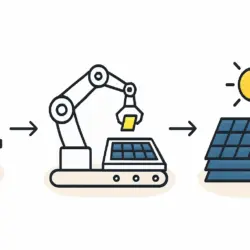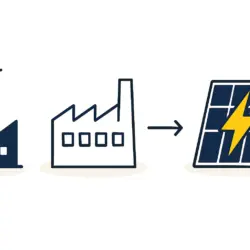Abu Dhabi Future Energy Company (Masdar) has signed strategic agreements to develop new renewable energy projects in Indonesia and support the country’s energy transition. The deals highlight a shared commitment by the United Arab Emirates and Indonesia to advance the renewable energy sector and meet Indonesia’s growing energy needs.
Strategic Partnership to Enhance Renewable Energy
Signed in Bali during the 10th World Water Forum, the agreements were witnessed by several high-ranking officials, including the Indonesian Minister of Energy and Infrastructure, the Special Envoy of the Foreign Affairs Minister of Indonesia, the UAE Ambassador to Indonesia, and the Director-General of New and Renewable Energy of Indonesia.
These agreements strengthen the partnership between Masdar and its Indonesian counterparts, including Pertamina Power and PT Nusantara Power, to develop solar PV, wind, and green hydrogen projects.
Role of Renewable Energy in a Sustainable Future
His Excellency Suhail bin Mohammed Al Mazrouei, the UAE’s Special Envoy Minister for Energy and Infrastructure, praised the cooperation between the UAE and Indonesia on sustainable energy, highlighting the critical role of clean and renewable sources in building a sustainable future.
The UAE-Indonesia renewable energy partnership has already made significant strides, fostering a green economy and environmental sustainability. As a global leader in clean energy investment, the UAE has allocated over $5 billion to green projects in Indonesia in recent years.
Mohamed Jameel Al Ramahi, CEO of Masdar, reaffirmed the company’s commitment to Indonesia’s energy sector development, noting that strategic partnerships are crucial for advancing clean energy solutions. He added that the planned projects will help Indonesia meet its sustainable development goals and support the global transition to clean energy.
Building on their existing relationship, the Memorandum of Understanding between Masdar and Pertamina Power enhances cooperation in renewable energy. The agreement is designed to develop new projects and expand the capacity of existing solar facilities, which will bolster Indonesia’s solar infrastructure and help meet its growing energy demand.
The agreements between Masdar and PT Nusantara Power are a key step toward expanding the production capacity of the Cirata project, a leading renewable energy initiative. This collaboration underscores both companies’ commitment to environmental sustainability and to enhancing renewable energy capabilities in Indonesia and the wider region.
Masdar’s investments in Indonesian renewable energy projects align with its broader mission to promote a green economy and help the nation achieve energy self-sufficiency. The company aims to meet ambitious renewable energy goals by 2030, including developing green hydrogen technology to support global environmental sustainability.
These agreements and investments underscore the shared commitment of the UAE and Indonesia to promoting sustainable development and environmental preservation, while strengthening economic and technological ties between the two countries.
CIRATA Project

Image: Collected
The Cirata station is a pioneering innovation in renewable energy, representing Masdar’s first floating solar photovoltaic project and its debut in Southeast Asia.
The project features a floating solar photovoltaic system installed on the 250-hectare Cirata Dam in West Java Province. The plant is expected to power up to 50,000 homes and reduce carbon emissions by approximately 214,000 tons annually.
An additional 500 MW of capacity will be added during the second phase of development. This expansion is supported by recent changes in Indonesian law that increased the allowable surface area for sustainable energy projects to 20%, opening the door for more renewable initiatives. These efforts align with Indonesia’s goal to achieve climate neutrality by 2060 and reduce its greenhouse gas emissions by 2030.
Renewable Energy and Sustainability Opportunities in Indonesia
A significant increase in green energy adoption could revolutionize Indonesia’s economy and deliver substantial environmental benefits. According to the International Renewable Energy Agency (IRENA), this transition could potentially save the government over $51.7 billion annually.
Floating solar power stations offer another key advantage: they are particularly well-suited for countries with limited land, such as Indonesia. By harnessing the vast expanse of water bodies, these installations maximize energy production while minimizing land use. The proximity to water also helps cool the solar panels, improving their efficiency. Furthermore, floating solar panels can reduce water evaporation, conserving valuable resources for drinking and irrigation.



